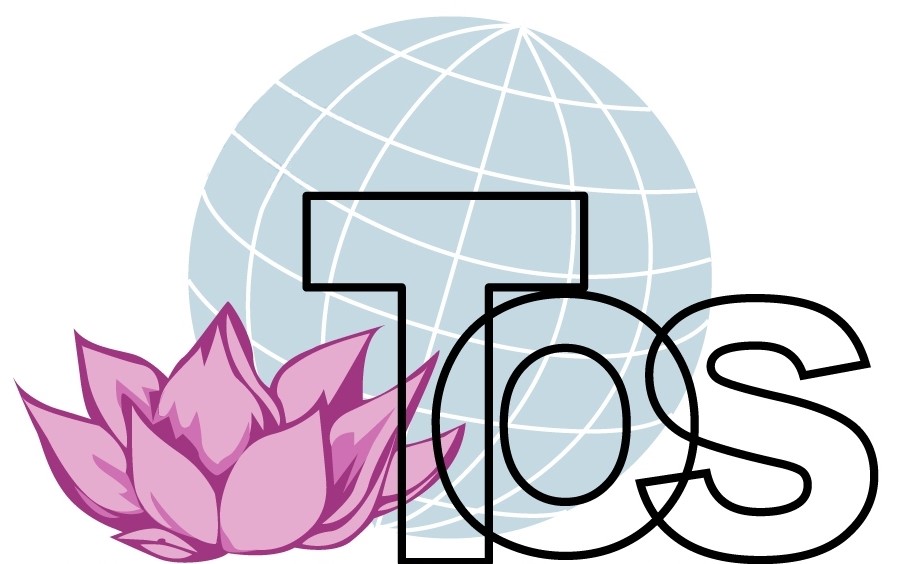04 A Grace of Gratitude Before Meals

In the bounty of the earth
the goodness of creation,
provides for the needs
of every living being.
May the essence of this food
be a token of thanksgiving
for the blessings and sustenance
bestowed upon us.
(Close with)
AUM TAT SAT
or AMEN
In the bounty of the earth: Mahatma Gandhi, one of humankind’s great spiritual exemplars stated, “The Earth provides enough to satisfy every man’s need, but not every man’s greed.” While the Earth’s resources may not be evenly spread across the face of the globe, the capacity to feed and house all of a growing humanity is only limited by a willingness to share with our fellow human beings. Compassionate leadership, a clear vision for provision, human ingenuity, and ending an addiction to the never ending expansion of military armaments would ensure the Earth’s bountiful blessings reach all of mankind. the goodness of creation: In the Torah we find a passage in the scriptures (Genesis 1.31) which has Elohim, as creator, pronounce the end of his work as “very good.” Note that each previous day’s work was simply labeled as “good.”
This intimates that when each day was combined in sum total, that there was nothing superfluous, nothing lacking in harmony. This is the theist’s view. But we have to admit that while there may be balance in nature, it is not cruelty-free, as also conscious animals and the eco-system are subject to a Nature that is violent and “red in tooth and claw.” Only man has the level of mind and advanced technology to avoid much of the suffering nature can bring upon all beings. The philosophic view of Alfred North Whitehead helps resolve this issue. Yes, something seems to be ordering the universe, not by direct action, but through the provision of ‘potentialities’ which the physical universe is free to openly actualize. This view does not compromise the openness of the universe to consciously evolve in many ways, but ultimately towards ‘the good” of the collective all.
provides for the needs of every living being: Life is rich, varied, and plentiful on the Earth and is sustained, in a neutrally balanced (and sometimes brutish) way, Humans have been additionally endowed though with access to a higher consciousness that allows them to willfully align their vibrational thoughts with the energy of the universe. It allows for a ‘Law of Attraction’ where positive and negative thoughts impact the course of one’s life. A saying by Jesus of Nazareth is often brought in New Thought and New Age circles in support of the idea of a Vibrational Universe: “Keep on asking, and you will receive what you ask for. Keep on seeking, and you will find. Keep on knocking, and the door will be opened to you” (Matthew 7.7). May the essence of this food: What essence do we speak of here? Prana. Prana is the Sanskrit word for breath, vital air, or the life force permeating reality on all levels, both living and inanimate. It is seen as a universal energy which flows through and is the basic essence of all things. In this regard, it conjures up some ideas in quantum physics that attempt to describe the operation of matter and energy at the level of atoms. be a token of thanksgiving: An expression of gratitude; a readiness to give and show appreciation to whomever you consider the provider for the food that nourishes and sustains us. for the blessings and sustenance bestowed upon us: Both receiving and giving blessings elevates one to a spiritual state of well-being that cries out to be expressed. There is an Orthodox Jewish teaching around the need to give expression to feelings of gratitude for things all around us. In Deuteronomy 10:12, Moses asks the Jewish people: "What (mah) does God ask of you?" The Talmud (in Menachot 43b) explains that the word mah can be read as me'ah, meaning 100. In other words, God is reminding us to be joyful for the many blessings that surround us and to recite at least 100 brachot (blessings) every day. AUM TAT SAT: is a composite Sanskrit mantra of three separate mantras and is found in verse 17.23 of the Bhagavad Gita. It is the symbolic representation of the Supreme Absolute or Ultimate Reality. AMEN: In the Abrahamic faiths, a closing declaration of affirmation commonly translated as “verily” or “it is true.”
Richard J. Kajuth, MLS, EdS, DD
